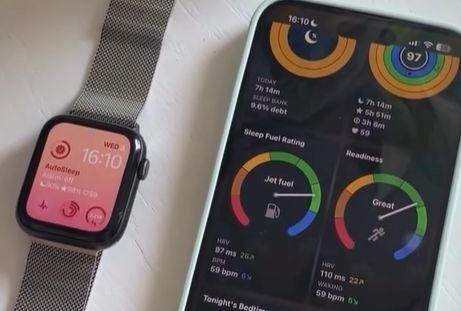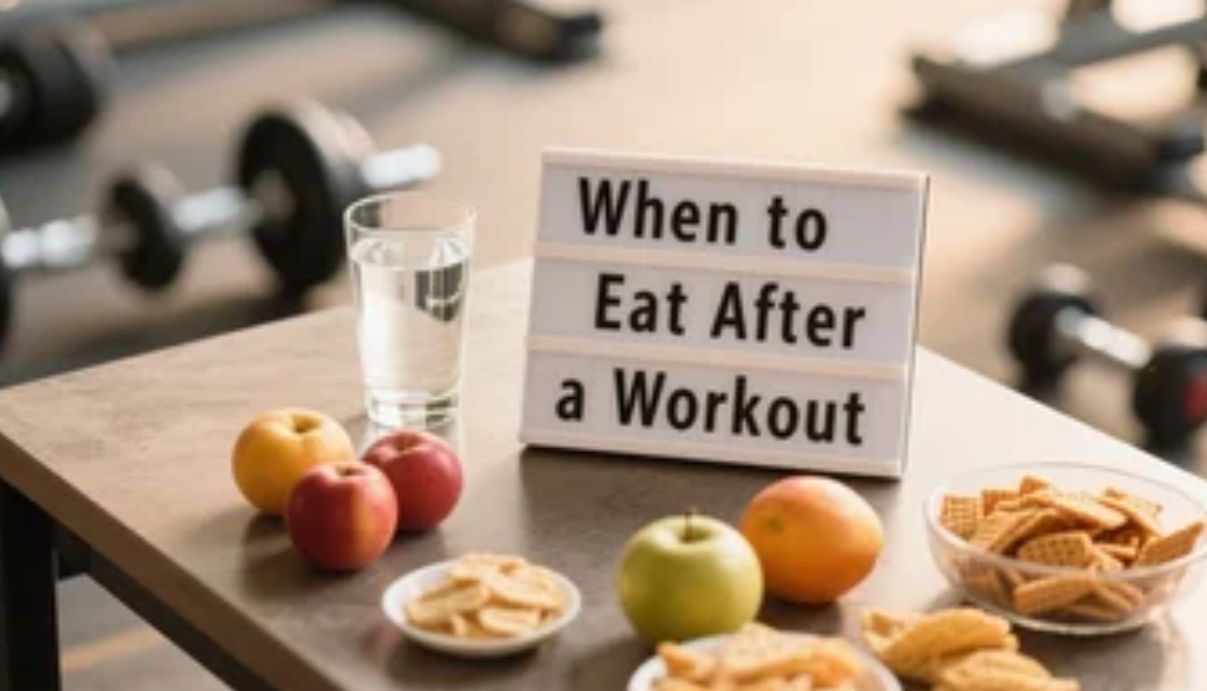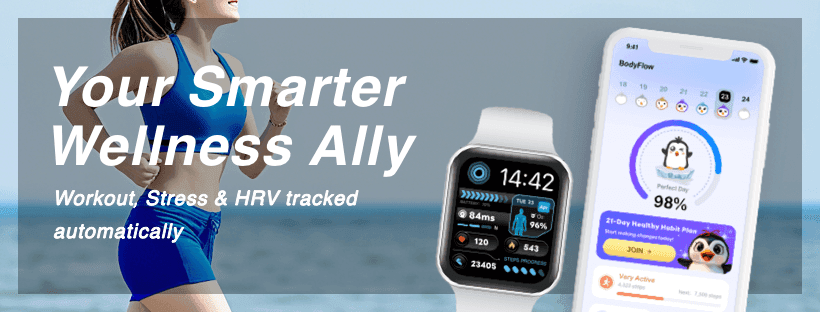When to Eat After a Workout: The Optimal Post-Exercise Nutrition Window
Understanding the Post-Workout Nutrition Window
The period following exercise represents one of the most critical times for proper nutrition. Recent research continues to refine our understanding of exactly when to eat after a workout for optimal recovery, muscle growth, and performance enhancement.
While the classic "30-minute window" remains popular advice, new studies reveal a more nuanced picture that depends on your fitness goals, workout intensity, and individual metabolism.
The Science Behind Post-Workout Nutrition Timing
Exercise creates microscopic damage to muscle fibers and depletes glycogen stores, triggering a cascade of recovery processes. Nutrition timing matters because these processes occur in phases:
Immediate Phase (0-45 minutes post-workout):
During this window, muscles are particularly receptive to nutrient uptake due to increased blood flow and insulin sensitivity. Consuming carbohydrates and protein during this time can accelerate glycogen replenishment by up to 50% compared to delayed intake, according to a 2025 Journal of Sports Science study.
Anabolic Phase (45 minutes to 2 hours):
Muscle protein synthesis remains elevated during this period, making it ideal for continued protein intake. Research shows consuming 20-40g of protein within this window can increase muscle protein synthesis by 30-100%.
Extended Recovery (2-6 hours):
While nutrient timing becomes less critical, continuing to consume balanced meals supports ongoing recovery processes. A 2025 meta-analysis in Sports Medicine found that spreading protein intake across 3-4 meals in the 6 hours post-workout optimized muscle growth.
Ideal Post-Workout Nutrition by Exercise Type
The optimal timing for post-workout nutrition varies significantly based on the type and intensity of exercise performed:
Strength Training:
For muscle building, research suggests consuming 20-40g of high-quality protein within the first hour after training. Casein protein before bed can further enhance overnight recovery by providing sustained amino acid release.
High-Intensity Interval Training (HIIT):
Due to significant glycogen depletion, consuming carbohydrates with a moderate amount of protein (3:1 ratio) within 30 minutes is most effective. A 2025 study in the International Journal of Sport Nutrition showed this approach restored glycogen stores 25% faster than protein alone.
Endurance Exercise:
For activities lasting over 90 minutes, the recovery window is more time-sensitive. Consuming 1-1.2g of carbohydrates per kg of body weight in the first hour, followed by additional carbs every 2 hours for 4-6 hours, optimizes glycogen resynthesis.
Special Considerations for Different Goals
Weight Loss:
Those focusing on fat loss can extend the post-workout fasting window to 60-90 minutes to prolong fat oxidation, according to new research from the Obesity Society. However, maintaining adequate protein intake remains crucial to preserve lean mass.
Muscle Gain:
Bodybuilders and strength athletes benefit from a more immediate feeding approach. A 2025 study in the Journal of the International Society of Sports Nutrition found that combining fast-digesting whey protein with carbohydrates immediately post-workout maximized muscle protein synthesis.
General Fitness:
For maintenance exercisers, the timing is more flexible. Eating a balanced meal containing protein, carbs, and healthy fats within 2 hours of exercise supports recovery without requiring precise timing.
How BodyWave Enhances Post-Workout Recovery
BodyWave's advanced tracking capabilities help optimize your post-workout nutrition timing by:
Monitoring workout intensity and duration to calculate precise recovery needs
Tracking heart rate variability to assess when your body is ready to receive nutrients
Providing personalized recommendations based on your specific workout data
Logging nutrition intake to ensure proper post-workout fueling
The app's AI analyzes your recovery patterns to suggest the ideal timing and composition of your post-workout meals, taking the guesswork out of recovery nutrition.
Practical Post-Workout Meal Ideas
Quick Recovery Options (0-60 minutes post-workout):
Greek yogurt with berries and honey
Protein smoothie with banana and almond butter
Egg whites on whole grain toast
Cottage cheese with pineapple
Complete Recovery Meals (1-2 hours post-workout):
Grilled chicken with sweet potato and roasted vegetables
Salmon with quinoa and steamed broccoli
Lean beef stir-fry with brown rice
Tuna salad sandwich on whole grain bread
Common Myths About Post-Workout Nutrition
Myth: You must eat immediately after every workout
Reality: While beneficial for certain goals, the "anabolic window" is more flexible than once believed, especially for general fitness enthusiasts.
Myth: Only protein matters post-workout
Reality: Carbohydrates play an equally important role in restoring glycogen, particularly after endurance exercise.
Myth: Fasted workouts require immediate feeding
Reality: New research shows the body remains in an enhanced fat-burning state for 60-90 minutes after fasted exercise.
Conclusion: Personalizing Your Post-Workout Nutrition
The ideal time to eat after a workout depends on multiple factors including your fitness goals, exercise type, and individual recovery rate.
While general guidelines suggest consuming protein and carbohydrates within 45 minutes to 2 hours after training, the most effective approach is one tailored to your specific needs and schedule.
By combining the latest scientific research with personalized tracking through apps like BodyWave, you can optimize your post-workout nutrition timing to maximize recovery, performance, and results. Remember that consistency with both your workouts and recovery nutrition will always outweigh perfect timing for most fitness enthusiasts.







BodyWave: Invest in Your Well-being!

